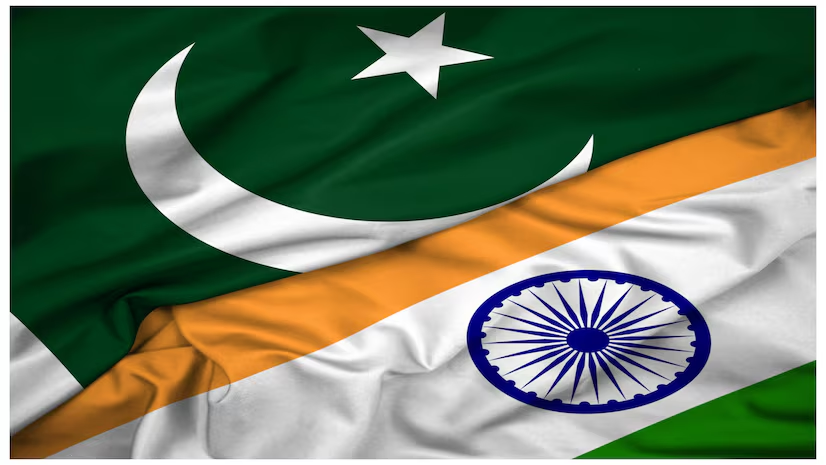Indus Waters Treaty: India Halts Water Sharing with Pakistan Following Terror Strike
In a dramatic escalation after a deadly terrorist attack in Pahalgam, Jammu & Kashmir, the Indian government has announced the immediate suspension of the Indus Waters Treaty (IWT)—a landmark 1960 agreement that governs water distribution between India and Pakistan.
Key Developments
✔ India stops water flow to Pakistan from the Ravi, Beas, and Sutlej rivers (Eastern rivers under IWT).
✔ Airspace closures and visa cancellations imposed by both nations.
✔ PM Modi vows retaliation: “Terrorists will be hunted down globally.”

(Indian security forces comb Pahalgam after the terror strike that triggered the crisis.)
Why Suspending the Indus Treaty Is a Game-Changer
1. What the Treaty Normally Guarantees
-
Pakistan gets 80% of Indus basin waters (Indus, Jhelum, Chenab).
-
India controls 20% (Ravi, Beas, Sutlej) but rarely restricts flow.
2. India’s New Measures
-
Diverting Eastern Rivers: Water redirected to Punjab & Rajasthan.
-
Reviewing Western River Projects: Fast-tracking dams on Jhelum/Chenab.
-
Legal Justification: Cites Article XII of IWT, allowing “exceptional measures.”
3. Impact on Pakistan
-
Agricultural collapse: Punjab’s farms rely on Ravi-Sutlej waters.
-
Drinking water crisis: Lahore & Karachi face shortages.
-
Economic blow: Hydropower generation drops, worsening energy crisis.
Pakistan’s Response: Diplomatic Fury & Threats
-
Foreign Office condemns India’s move as “an act of war.”
-
Approaching UN/ICJ: Urgent appeals to international bodies.
-
Military alert: Troop movements along LoC reported.
(Protests erupt in Pakistan as Indus water suspension threatens livelihoods.)
Global Reactions & Strategic Implications
1. U.S. & EU Urge Restraint
-
Call for dialogue, but no direct condemnation of India.
-
China’s stance: Silent so far; CPEC projects in Pakistan at risk.
2. Risk of Escalation
-
Water wars precedent: First time IWT suspended in 64 years.
-
Nuclear dimension: Both nations have weaponized resources (water vs. terrorism).
3. India’s Endgame
-
Pressure Pakistan to act against terror groups like Jaish-e-Mohammed.
-
Permanent renegotiation of IWT for favorable terms.
What Happens Next?
| Scenario | Probability | Outcome |
|---|---|---|
| Pakistan cracks down on terror | Low | India restores partial flow. |
| ICJ intervention | Medium | Temporary halt to suspension. |
| Full-scale water war | High Risk | Regional humanitarian crisis. |
Conclusion: A Dangerous New Phase
India’s suspension of the Indus Treaty marks a hardline shift in leveraging natural resources against cross-border terrorism. With Pakistan’s survival at stake, the world watches nervously as water becomes the newest battlefield in South Asia.
Final Warning:
“When rivers run dry, nations bleed—this is no longer just about Kashmir, but survival.”

